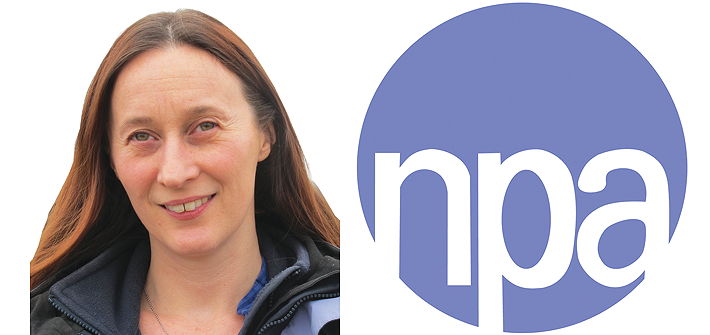By the time you read this, 2016 will be upon us and we’ll all hopefully face the New Year renewed and refreshed after having had some quality time with family (or escaping from it, whichever suits you best!).
Having ended the year with far too many frustrating issues outstanding, I’ve decided to take stock and begin the New Year with a clear focus and better appreciation of what the NPA can and can’t achieve. There seem to be an increasing number of issues that could affect all of you, we just need to get better at deciding which ones are really important and where we can actually make a difference.
I also thought I’d start with some positive news! It seems the dogged determination that we showed with COPA and the EC on manipulable materials guidance being developed has hopefully paid off. We were very concerned at one point that all materials would have to be edible, and at the use of smiley faces to depict what was good.
The head of the pig committee at COPA and EC officials recently met to discuss the issues that NPA had raised about the guidance. Although COPA wasn’t given a copy of the new guidance as it’s in the final drafting stages, from what they could see, the guidance has been simplified; the awful smiley faces have gone; and although the word edible is still in there, it does not define whether a material can be used or not. This is really good news, but I won’t be popping any corks until I see the final version, which is due out in the spring.
We’ll also be in for a fun ride when the Danes take over the EU presidency in January. We know it’s going to push the antibiotic reduction agenda, and any action is bound to be fuelled by the recent report (called the Independent Review) commissioned by David Cameron to assess global antibiotic use and suggest control options. The review was led by Lord O’Neill, an economist with no interest or knowledge of farming, and there was no consultation with any farming organisation.
It’s little wonder, therefore, that it’s plucked reduction targets out of the sky (well the Danes managed it, so why not everyone else?); suggested taxation as a way to control use (bizarrely comparing it to the tax on smoking); and really not tackled the issue of antibiotics used as growth promoters in many non-EU countries.
Suggesting that each country should set its own target is on a hiding to nothing in my view, particularly when the UK has no say over what the rest of the world does. Thankfully, with industry already working closely with the UK regulator (the VMD) on initiatives like the electronic medicines book, and being able to demonstrate responsible use, we should future-proof ourselves from the more extreme suggestions, but we’ll keep an eye on it in any case.
I’m also very happy to say that we’ve made a little progress on the ‘water for piglets more than two weeks of age’ issue. Following a meeting with Defra policy colleagues in December, they’ve agreed to have another look at their interpretation of the legislation. The last thing we want to do is create a welfare issue where there isn’t one.




